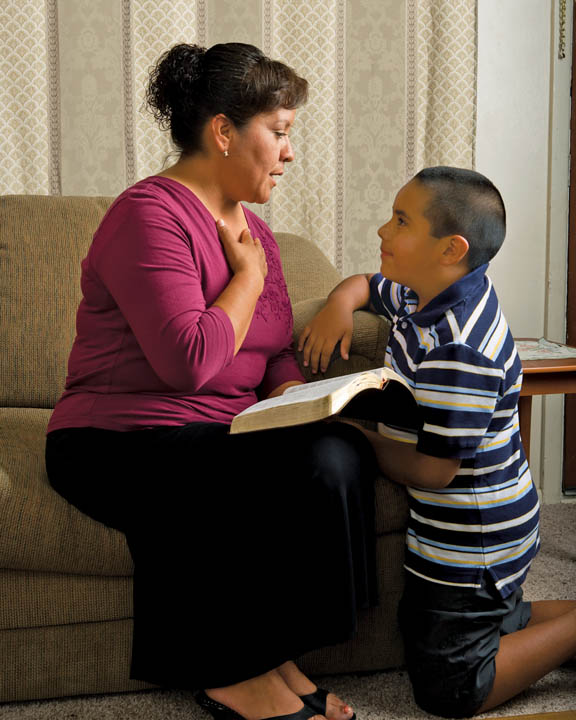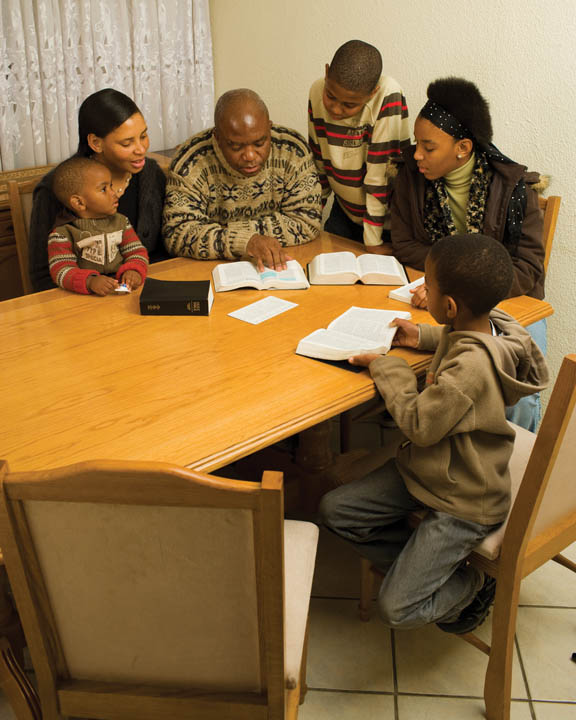I was watching various teenagers today as I drove around town doing errands and noticed none of them seemed to be comfortable with their own company. They talked on cell phones or were plugged into music as they waited for school busses or walked down the street. Merely walking and thinking seemed to be out of style.
 Today, many children do not really know how to entertain themselves. After a structured day of school, they head for a structured afternoon of day care, classes, or sports, followed by structured homework and then television. The television programs, of course, were created by others and usually require little imagination or work to participate.
Today, many children do not really know how to entertain themselves. After a structured day of school, they head for a structured afternoon of day care, classes, or sports, followed by structured homework and then television. The television programs, of course, were created by others and usually require little imagination or work to participate.
When children are alone, they must click on music, television, or conversation. They don’t know how to entertain themselves, because self-entertainment is a skill, and one we often neglect to teach our children.
Developing it begins in childhood. We have to be careful to make sure our children’s worlds aren’t filled with noise all the time. We also have to guard against scolding a child who is seemingly sitting and doing nothing. Those quiet moments of non-movement and silence are often the most important. They are when the brain goes to work, solving problems, imagining possibilities, and allowing a person to get acquainted with himself.
Play, while seeming to be a waste of time, is actually essential to a child’s future. Through play, he tries on various roles and develops his creativity, language skills, and problem solving skills. If we seek out toys that can be played with in unlimited ways, we can help a child get the most from his world. When I ask the toddlers in my church nursery what they are building with their plastic building toys, I get all sorts of answers, sometimes drawn from the Bible story we just learned, and sometimes from their own imagination. One day that basket of blocks becomes a castle and another day it’s a lion’s den. The blocks have value because I never tell them what to build. I just set out the blocks and watch with interest to see what develops.
Even that is more structured than I’d be with children at home. At home, I’d offer them a choice of toys and let them go where their heart leads them for the day. They know what they need. Our choices come when we buy the proper toys, and limit the ones that don’t allow children to imagine.
If your child has already forgotten how to entertain himself, you’ll have to undertake the task of teaching him how to do so. You do not know what his future holds, and he may well, someday, have nothing but his mind to get him through a long, trying time. He may not always have the money for lessons or organized activities, and you don’t want him to spend his adulthood working and watching television. You want him to have a rich, diverse life.
First, set limits on anything that mutes the imagination or fills the brain without effort. Turn off the television and the music for several hours. Put the unimaginative toys on a high shelf for a while. Set out those that help a child learn about his world.
If he’s never made a lot of choices, begin by offering him two. “Do you want to play in the sandbox or make something from this box of odds and ends?” Eventually, he will be able to decide for himself what he wants to do. Some children benefit from a list of options. Others will be amazed at how interesting almost anything sounds if you suggest they can find something interesting to do or they can do chores.
Children will have an easier time selecting creative and interesting activities if they’ve been exposed to a wide variety of good things. Teach them to recite poetry by reciting it to them as they’re falling asleep. Poetry can be a great companion in lonely moments or while doing dull chores. Read to them and then invite them to change the ending, make a puppet show of the story, or draw pictures of it. Create a dress-up box with interesting items from thrift stores. (Avoid commercial costumes that have built-in scenarios.)
Introduce your children to new potential hobbies. Look through a telescope, go rock hunting, and visit the zoo. Paint on easels, write stories, invent something, check out the dinosaurs at a museum, or cook together. The more things your child learns to do, the better chance he has of finding out what he loves. Hobbies give free time meaning. While schools usually skim the surface of a subject, a hobby lets a child dig in deep and not even realize he’s learning.
Do some family service projects to see if a cause captures your child’s heart. Volunteer at a food bank, clean up a beach, or make blankets for homeless children. Your child may find a life-long passion in this work.
Play with your child until he learns how to do it imaginatively. Ask What If questions. “What would happen if this toy elephant were real and it wandered into your doll’s bedroom? Do you think Stacy would like a pet elephant? Let’s pretend about that.” As soon as possible, let your child take the lead in deciding what to pretend.
Make sure your child is an avid reader. Read to him from the day he’s born, and introduce him to printed words even before he’s really ready to read. This way, he will let you know when he’s ready. As soon as he is prepared, introduce him to chapter books. Books without many pictures require more imagination.
Widen your child’s horizons and lighten up his schedule so he has time to choose each day what he wants to do and knows how to fill it with imaginative fun, simple daydreams, meaningful service, and interesting hobbies. You’ll be amazed at who he becomes when he discovers a world outside of programmed entertainment.
Twitter •






